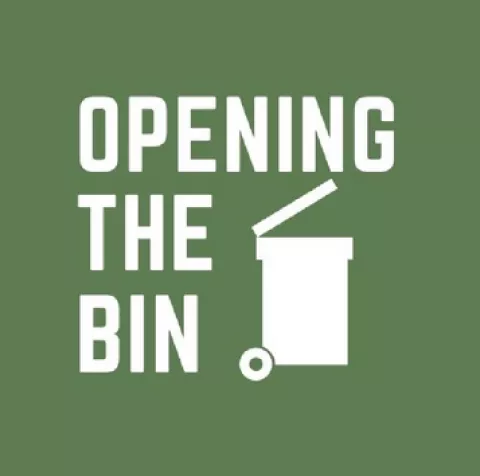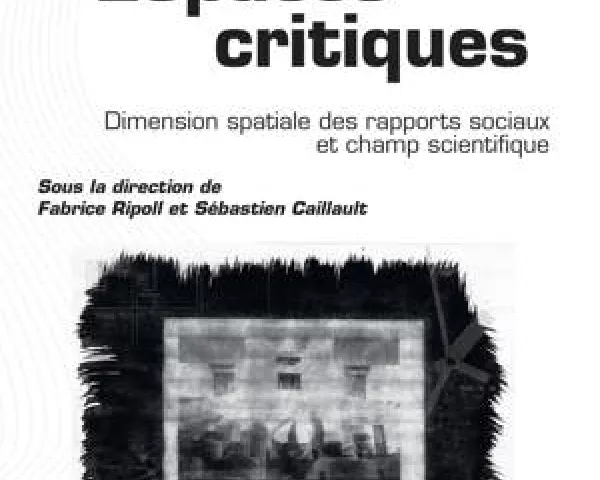Les derniers dépôts de David Arias Hidalgo
The integration of tourism development and agricultural dynamics in the Bribri indigenous territory : analysis in terms of impacts on livelihoods in Talamanca, Costa Rica

The indigenous Bribri Talamanca territory is located on the border of Costa Rica and Panama. Today, tourism is becoming an important economic activity in Talamanca, along with banana and cocoa farming. Thus, using a geo-historical approach at several scales (national, regional and local), this research aims to analyse the links between tourism and agriculture from a decolonial theoretical perspective, focusing on livelihoods and resilience (prior to COVID-19) in three communities with tourism activities in the Bribri territory. From a methodological point of view, the main research techniques were based upon an in-depth documentary analysis, participant observation, workshops, and in-depth interviews in the experiences Stibrawpa, Koswak and Ditsö wö ù. Tourism should be seen as a local livelihood strategy that enhances the plurality of livelihoods (indigenous notion of diversity). To reduce vulnerability due to dependence on tourism, communities could encourage diversification of production, with agriculture for family consumption being one of the key elements to achieve this. Productive diversification, respect for nature, valorisation local knowledge, and the modification of asymmetrical gender relations are fundamental elements or criteria for decolonizing tourism practices framed in a neoliberal, patriarchal and ecocidal capitalist economic logic.
The indigenous Bribri Talamanca territory is located on the border of Costa Rica and Panama. Today, tourism is becoming an important economic activity in Talamanca, along with banana and cocoa farming. Thus, using a geo-historical approach at several scales (national, regional and local), this research aims to analyse the links between tourism and agriculture from a decolonial theoretical perspective, focusing on livelihoods and resilience (prior to COVID-19) in three communities with tourism activities in the Bribri territory. From a methodological point of view, the main research techniques were based upon an in-depth documentary analysis, participant observation, workshops, and in-depth interviews in the experiences Stibrawpa, Koswak and Ditsö wö ù. Tourism should be seen as a local livelihood strategy that enhances the plurality of livelihoods (indigenous notion of diversity). To reduce vulnerability due to dependence on tourism, communities could encourage diversification of production, with agriculture for family consumption being one of the key elements to achieve this. Productive diversification, respect for nature, valorisation local knowledge, and the modification of asymmetrical gender relations are fundamental elements or criteria for decolonizing tourism practices framed in a neoliberal, patriarchal and ecocidal capitalist economic logic.












